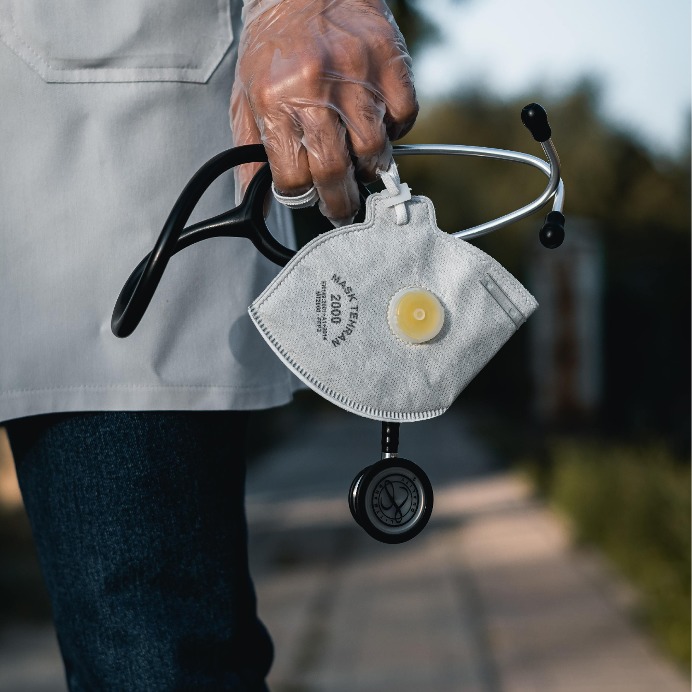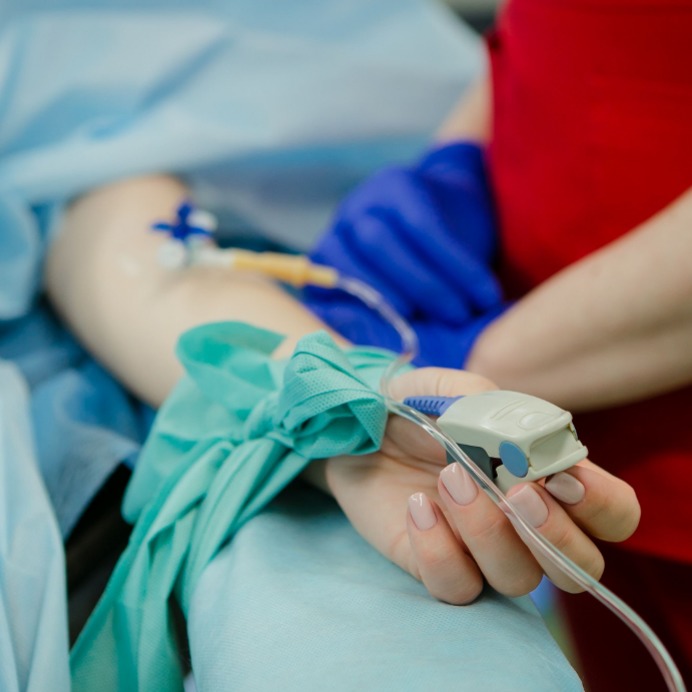By continuing to use our site, you consent to the processing of cookies, user data (location information, type and version of the OS, the type and version of the browser, the type of device and the resolution of its screen, the source of where the user came from, from which site or for what advertisement, language OS and Browser, which pages are opened and to which buttons the user presses, ip-address) for the purpose of site functioning, retargeting and statistical surveys and reviews. If you do not want your data to be processed, please leave the site.
The Voice of People With Breast Cancer
Education
Our Voices Blog
Category : Knowledge
Getting Through Hair Loss Following a Breast Cancer Diagnosis
Hair loss is something that some women who are diagnosed with breast cancer face. Hair can be a huge part of a person’s identity, especially for a woman. The way your hair looks can communicate a lot to others about the type of person you are. Therefore, it’s understandable that losing your hair following a breast cancer diagnosis can add distress to an already devastating situation. In order to bring some relief and sense of control should you have to deal with hair loss, we outline why and when hair loss occurs as well as things that you can do to get through it.
Lifestyle and Nutrition Considerations for Breast Cancer Patients and Survivors Series, Part 1: Why You Can’t Get Consistent Answers to Your Nutrition Questions
Two years ago, I had the sincere pleasure of attending my first oncology nutrition symposium, a biennial event hosted by the Oncology Dietetic Practice Group of the Academy of Nutrition and Dietetics. Nutrition science ruled at this event, and “voodoo nutrition” based on conjecture, personal opinion, philosophies, and miracle cures was denied a seat at the table.
What Your Oncologist Wants You To Know During The COVID-19 Crisis
Dealing with breast cancer is challenging at the best of times, but in this time of uncertainty and when our health care system is having to quickly adapt to the impact of COVID-19, cancer patients are facing increased challenges and changes to treatment schedules and doctors’ appointments. This can bring additional anxiety and questions around how these changes will impact the success of treatments.
How Handwashing and Social Distancing Can Keep You Safe
By now we've all heard the tips for how to stay safe during the COVID-19 pandemic: wash your hands, stay at home and practice social distancing. However, what might not be as widely shared and known is why and how these health tips help. While protecting yourself, your family and your community is important, equally important is understanding why you are being told to do certain things and how they help. Therefore, we’ve decided to explore the benefits and reasoning behind the two most repeated and shared mantras amidst the COVID-19 crisis.
Breast Cancer Care and Awareness for Trans and Non-binary Individuals
Being trans can mean not being accepted or validated in many facets of society. Unfortunately, this erasure can also occur within the healthcare sector. On this Trans Day of Visibility, we will be highlighting some facts and statistics about breast cancer for trans individuals.
Clinical Trials Series Part 1: What Are Clinical Trials and Are They Right for Me?
According to a 2014 study by the Canadian Partnership Against Cancer, less than 7% of adult cancer patients enrolled in clinical trials.1 This may be because many cancer patients are not aware of clinical trials, do not know how to enroll in them or are concerned that they are unsafe. In part one of our blog series on clinical trials, we explain what clinical trials are to provide you with the right tools to decide whether you should enroll in a clinical trial.
Using acupuncture for treating cancer treatment side effects
Like tai chi and qigong, acupuncture is another form of traditional Chinese medicine that has become a popular therapy used in the cancer community for help with side effects.
Talking Palliative Care Part 5: Understanding Medical Assistance in Dying
Receiving a life-limiting or terminal diagnosis brings with it a lot of difficult decisions that a person never wants to be in the position to make. The hardest of those is choosing to end treatment. Coming to terms with that reality and how it can affect a person’s family is not easy. Some people may consider the option of medical assistance in death. Today we are discussing this relatively new law and how it works in Canada.
Art and Music Therapy – how they can help you reduce stress and provide emotional support
When people think of therapy the most common therapy session that comes to mind probably includes a person sitting across from or lying down beside a therapist and talking about their feelings. But what if you can never quite find the right words to say to express yourself or talking through what you are feeling doesn’t seem to be helping? The truth is therapy comes in all shapes and sizes. People are looking for and creating new ways to help cope with the stresses in their lives.
Talking Palliative Care Part 4: Wills, finances and advanced care directives
The topics of financial planning and preparing your will can be complicated and distressing especially at a time when you’d rather focus on your family and your wellbeing. As difficult as tackling these tasks may be, many people describe feeling relieved when they have their financial affairs in order and feel that they can more fully enjoy time with loved ones without worrying about the to-do list in the back of their minds. Today we are breaking down many of the confusing terms that come up when preparing a will and your finances for end-of-life.













